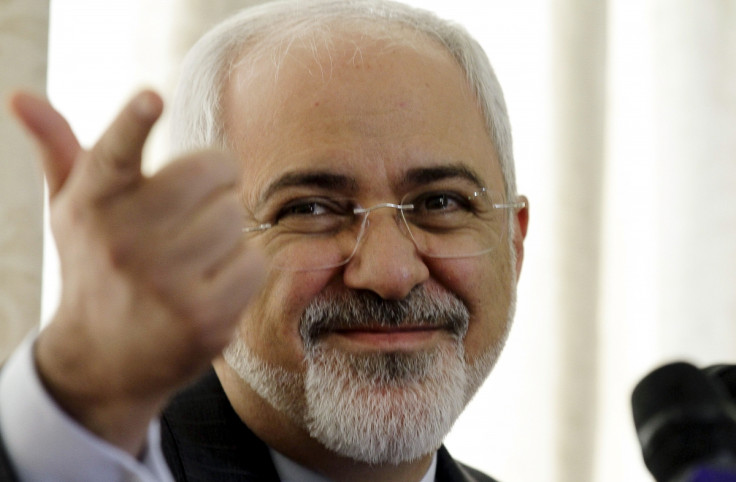IAEA closes probe into Iran's nuclear programme

The International Atomic Energy Agency has unanimously decided to close the decade-long investigation into Tehran's nuclear programme. The decision by the UN watchdog's 35-nation board brings full implementation of the nuclear deal struck by Iran and world powers in July a step closer.
"This closes the board's consideration of this item," read a resolution adopted by the IAEA's board of governors. The text was drafted by the US, the UK, China, Germany, Russia and Germany – P5+1 powers which were involved in the negotiations with Iran.
The watchdog's move was widely welcomed by all the parties to the negotiations including the US and Iran. Secretary of State John Kerry said: "This resolution allows the Board to turn its focus now to the full implementation and verification of the Joint Comprehensive Plan of Action [JCPOA], which prohibits the resumption of such nuclear weapons-related activities and provides comprehensive tools for deterring and detecting any renewed nuclear weapons work."
Iranian Foreign Minister Mohammad Javad Zarif, who led his country's delegation during the protracted negotiations, was also enthusiastic over the decision and said: "The fabricated issue of the so-called military dimension of Iran's nuclear programme is now history," according to Iran's quasi-official Tasnim News Agency.
Emad rocket firing
The IAEA resolution was passed on the same day when it was also revealed that the UN Security Council's Panel of Experts on Iran said in a confidential report that Tehran's test-firing of medium-range Emad rocket on 10 October violated a UN resolution.
According to Reuters, the report said: "On the basis of its analysis and findings the panel concludes that Emad launch is a violation by Iran of paragraph 9 of Security Council resolution 1929." The panel, echoing a similar version of US experts, said the missile was capable of delivering a nuclear warhead. Tehran had denied this claim in October.
Although the latest findings of the report could fuel calls for fresh sanctions on Iran, Tehran's veto-wielding allies China and Russia are bound to scuttle any move at the UN Security Council. Shortly after the missile launch, the White House warned fresh sanctions could not be ruled out. Experts had, however, clarified that the test-firing of the missile was not in breach of the nuclear accord between Iran and the world powers.
© Copyright IBTimes 2024. All rights reserved.






